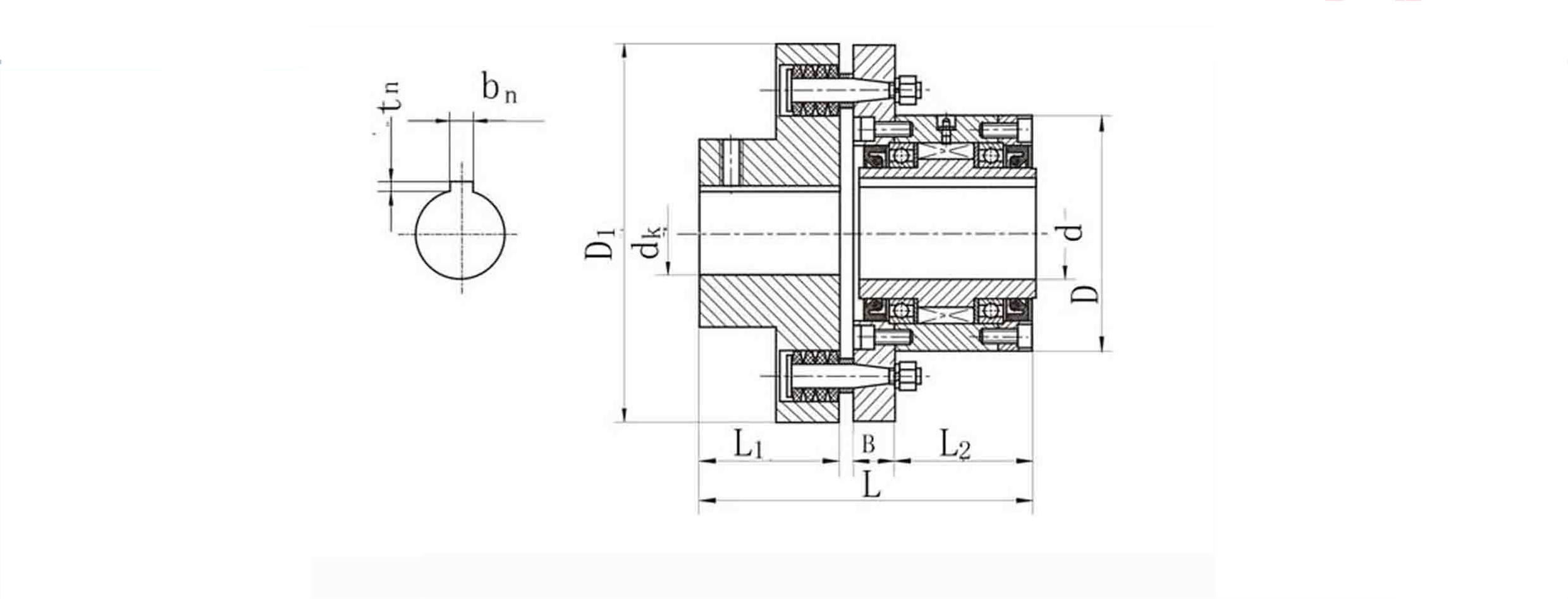Nov . 29, 2024 16:20 Back to list
Custom Deep Groove Ball Bearings for Enhanced Performance and Reliability in Various Applications
Understanding Custom Deep Groove Ball Bearings
In the world of mechanical engineering and manufacturing, bearings play a crucial role in facilitating smooth motion and reducing friction between moving parts. Among the various types of bearings, deep groove ball bearings are among the most commonly used due to their versatility and efficiency. This article will delve into the significance of custom deep groove ball bearings, their applications, and the factors to consider when sourcing them.
What Are Deep Groove Ball Bearings?
Deep groove ball bearings are a type of rolling-element bearing that features a simple design with a deep raceway, allowing them to accommodate both radial and axial loads. They consist of an inner and outer ring, balls, and a cage that separates and retains the balls. The deep raceway enables these bearings to handle significant radial loads and moderate axial loads in both directions, making them an ideal solution for various applications.
One of the standout characteristics of deep groove ball bearings is their ability to operate at high speeds. This feature, combined with their low friction properties, makes them suitable for applications in electric motors, pumps, gearboxes, and many other mechanical systems.
The Need for Customization
While standard deep groove ball bearings may meet the requirements of many applications, there are instances where customization becomes essential. Custom deep groove ball bearings are tailored to meet specific design parameters, load requirements, and environmental conditions. This customization can involve various modifications, including
1. Material Selection Different applications may require bearings made from specific materials to withstand corrosion, extreme temperatures, or wear. Custom bearings can be produced using stainless steel, ceramic, or other advanced materials suited for unique operating environments.
2. Size and Dimensions Standard bearings come in fixed sizes, which may not always fit an application perfectly. Custom bearings can be manufactured to precise dimensions, ensuring a perfect fit in the design and optimizing space usage within machinery.
3. Seal and Shield Options Sealing mechanisms are crucial for preventing contaminants from entering the bearing. Customizations may involve different types of seals or shields to enhance the bearing’s lifespan and reliability in harsh environments.
4. Load Capacity Depending on the application, there may be a need to increase the load capacity of the bearing. Custom manufacturing allows engineers to specify bearings that can withstand higher loads without compromising performance.
5. Special Coatings In some applications, surface hardness or resistance to wear is critical. Custom coatings can be applied to the bearings to enhance their durability and performance in demanding conditions.
Applications of Custom Deep Groove Ball Bearings
custom deep groove ball bearings

The versatility of custom deep groove ball bearings enables their use in various industries
. Some common applications include- Automotive In vehicles, these bearings are found in engines, transmissions, and wheels, where reliability is paramount.
- Aerospace Custom bearings can meet the stringent requirements of the aerospace industry, ensuring safety and performance in critical components.
- Industrial Equipment Manufacturing machinery often relies on custom bearings to ensure efficiency and longevity, particularly in high-load situations.
- Home Appliances Small appliances, such as washing machines and refrigerators, utilize deep groove ball bearings to facilitate smooth operation and enhance performance.
Considerations When Sourcing Custom Deep Groove Ball Bearings
When looking to source custom deep groove ball bearings, several factors should be taken into account
1. Supplier Expertise Choose manufacturers with proven experience in producing custom bearings. Their technical knowledge can greatly influence the quality and performance of the bearings.
2. Quality Standards Ensure that the supplier adheres to international quality standards and certifications. This is crucial for ensuring the reliability and safety of the bearings.
3. Cost and Lead Time Custom manufacturing may involve higher costs and longer lead times compared to off-the-shelf solutions. It’s essential to balance quality, cost, and delivery time based on your project requirements.
4. Engineering Support Collaborating with suppliers who offer engineering support can facilitate the customization process, ensuring that the bearings are designed to meet your exact specifications.
Conclusion
Custom deep groove ball bearings are pivotal in enhancing the performance and reliability of many mechanical systems. Their ability to be tailored for specific applications makes them invaluable across various industries. By understanding the advantages of customization and the factors to consider when sourcing, engineers and manufacturers can make informed decisions that lead to improved operational efficiency and longevity of their products.
Latest news
-
25MM 2 BOLT UCFLX05-14 Flange bearing unit( oval)
NewsMar.07,2025
-
4 bolt UCF 200 series Pillow block bearings
NewsMar.07,2025
-
25MM 2 BOLT UCFLX05-14 Flange bearing unit( oval)
NewsMar.07,2025
-
UCF216-50 4-Bolt Flange Housing Square Bearing
NewsMar.07,2025
-
25MM 2 BOLT UCFLX05-14 Flange bearing unit( oval)
NewsMar.07,2025
-
spherical roller bearing material exporter
NewsMar.07,2025





